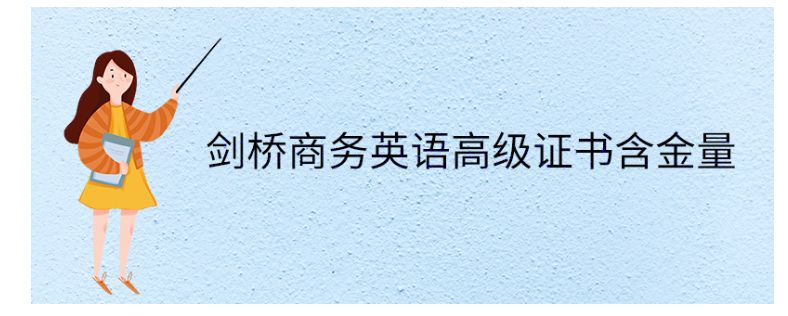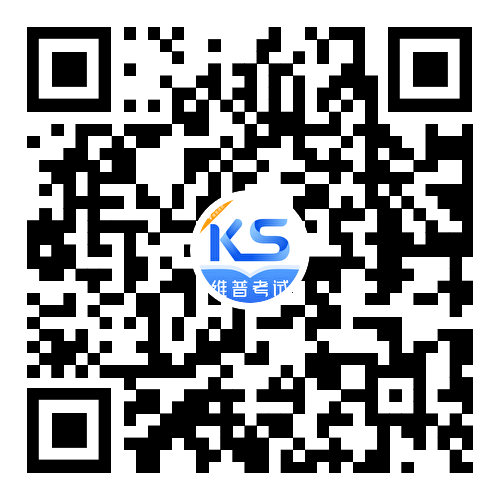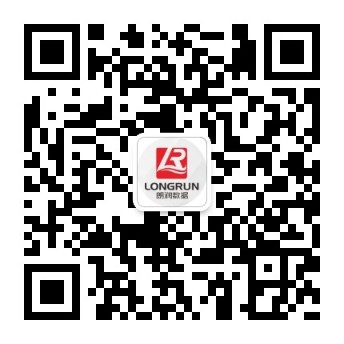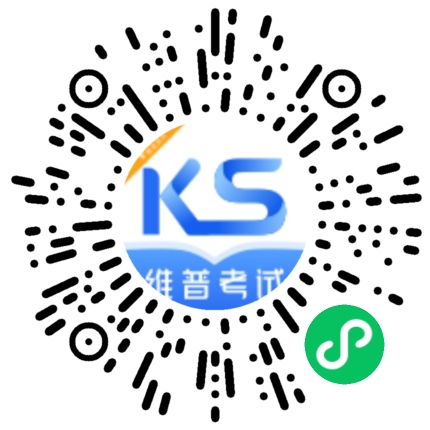语言考试 ·
其他英语考试
试题
试卷
资料资讯
考试资讯
更多
考试资料
更多
热门试题
易错排行
收藏榜单
更多
【组合题】
Passage 1 Commercial bank deposits, including demand deposits, are subject to immediate withdrawal during regular banking hours at the request of the depositor with the exception of certain time deposits, discussed in this section. Demand deposits may be withdrawn in the form of currency or coin, or they may be transferred to another account at any commercial bank. Demand deposits at commercial banks can be transferred by bank check and are sometimes called checking accounts. No money interest is paid on demand deposits. Checkable NOW accounts, or share drafts at credit unions, which are available to consumers but not business depositors, pay interest. Technically, they are savings accounts that are accessible by a negotiable order of withdrawal. Savings deposits at commercial banks and thrifts can usually be withdrawn as currency or coin, or as a cashier's check of the bank (a check drawn against the issuing bank) ; they may be trans-fenced into the depositor's demand deposit account at the same bank, although technically the bank may refuse to withdraw or transfer a savings account for 30 days. Time deposit accounts with specified maturities are exceptions to the convention that commercial bank deposits should be convertible to cash on demand. Prior to the date of maturity, the bank may refuse to exchange such a time deposit claim or may impose a penalty fee. The time deposit pays interest, giving it one of the characteristics of other private bonds. Consumer or personal time deposits include CDs in denominations of less than $100,000. They are non-negotiable; that is, they cannot be sold and must be returned to the issuing bank by the original purchaser. Until 1976, there were effective ceilings on interest payments. In 1973, consumer CDs were first authorized with ceiling interest yields closer to market interest rates. They were called money market certificates.
【组合题】
【单选题】
4.
【简答题】
美国纽约的ABC银行在你行(DEF银行)开设了人民币账户。过去的账户余额按5%计年息,从2008年10月1日期将按5.5%计算,透支额按6%计。 请按标准格式,代表你行会计部主任向对方发一公函,告知上述变动,并提醒对方:在你行开设的人民币账户一般不可透支,要求对方无论何时都要保有贷方余额,出现透支时,随即予以补上。
5.
【单选题】
You are requested to send us ______ to authenticate the cable L/C issued by your bank in the future. A. your specimen signatures book B. your telegraphic test key C. your tariffs D. your terms and conditions
6.
【简答题】
It is apparent that profits earned will not necessarily take the form of cash, they can be used for investment in other assets or to reduce liabilities such as debts.
7.
【组合题】
8.
【单选题】
______ are essentially involved to a cheque. A. Drawer, drawee, and payer B. Holder, drawer, and payer C. Payee, drawer, and drawee D. Payee, drawee, and holder
9.
【组合题】
10.
【组合题】
微信小程序
App下载
联系客服
公众号
置顶
收起








